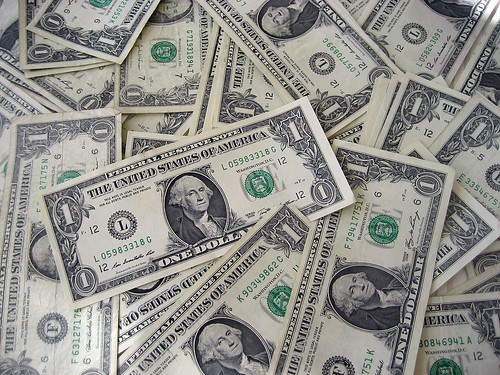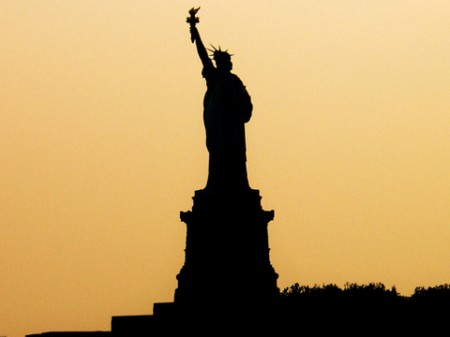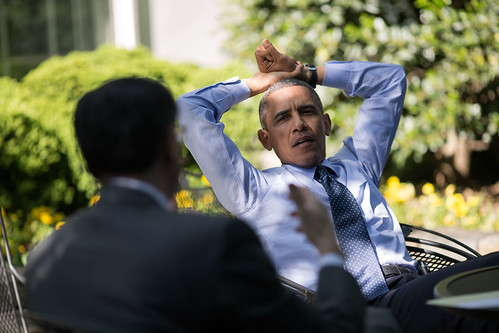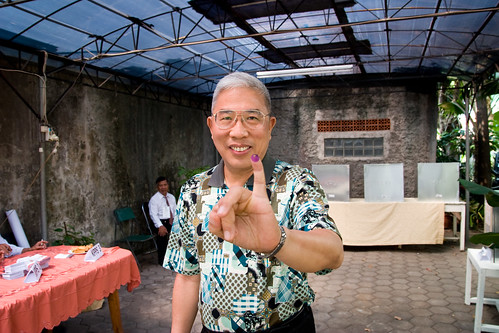
PITTSBURGH – The Wall Street Journal recently ran a front-page article reporting that the monetary-policy “doves,” who had forecast low inflation in the United States, have gotten the better of the “hawks,” who argued that the Fed’s monthly purchases of long-term securities, or so-called quantitative easing (QE), would unleash faster price growth. The report was correct but misleading, for it failed to mention why there is so little inflation in the US today. Were the doves right, or just lucky?
The US Federal Reserve Board has pumped out trillions of dollars of reserves, but never have so many reserves produced so little monetary growth. Neither the hawks nor the doves (nor anyone else) expected that.




